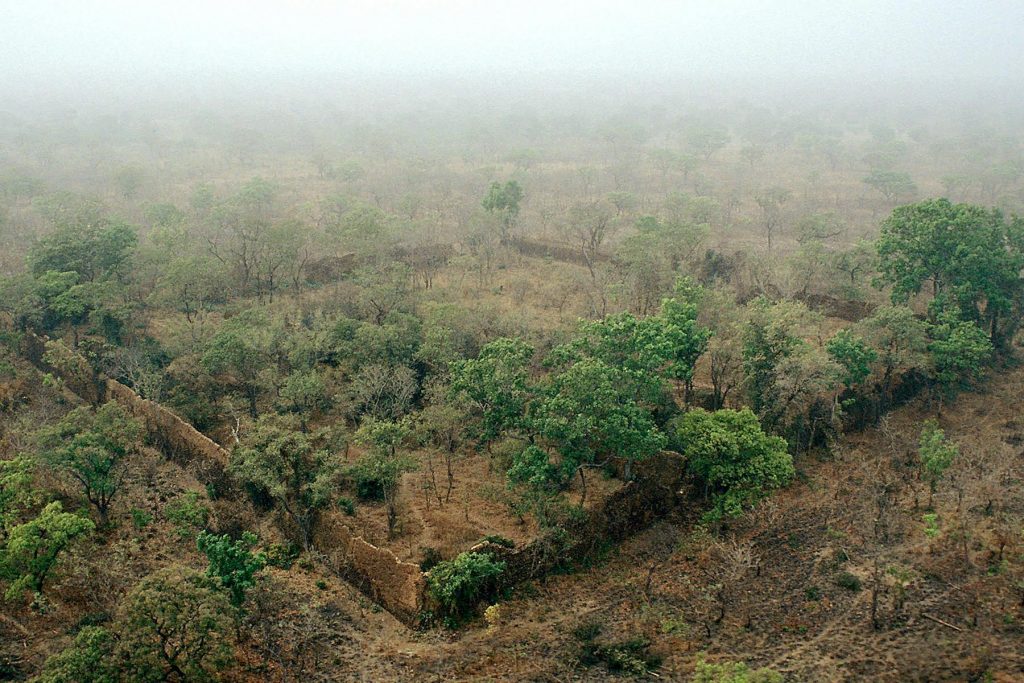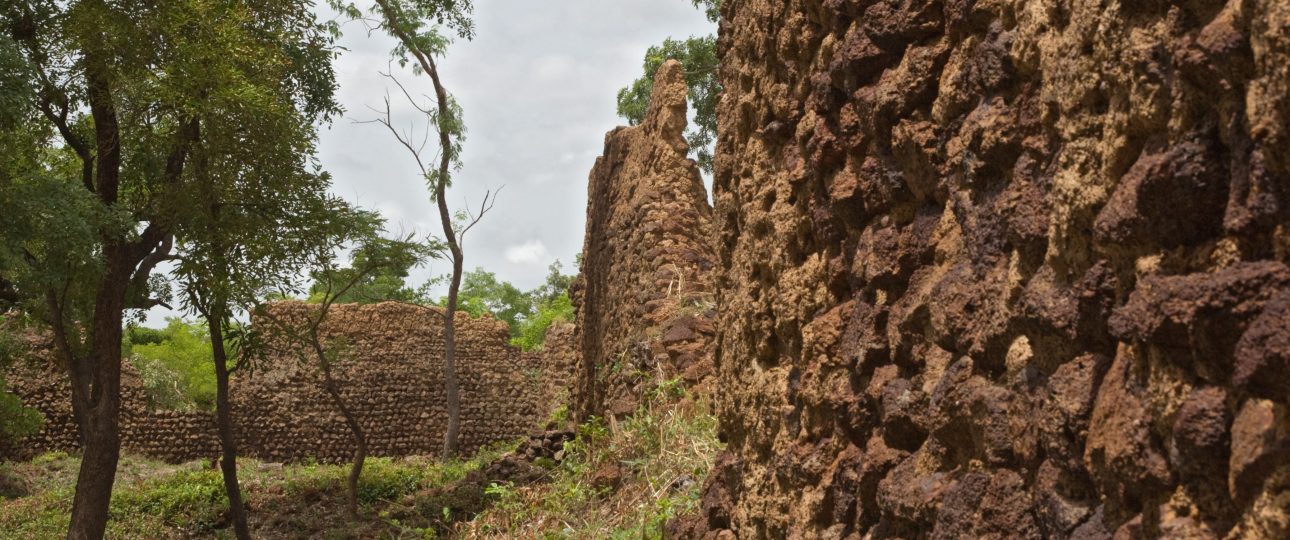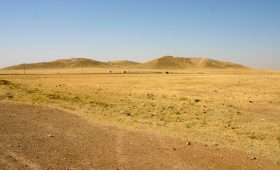Exploring the Ruins of Loropéni: A Journey Through Time
Visiting the Ruins of Loropéni in Burkina Faso is like stepping into a time capsule of West African history. Located in the Sud-Ouest region, these ruins are a UNESCO World Heritage Site, recognized in 2009 for their historical significance. As the best-preserved of ten similar fortresses in the area, Loropéni offers a unique glimpse into the past.
Historical Significance
The origins of the Loropéni Ruins date back to at least the 11th century. They were part of a network of settlements that thrived during the trans-Saharan gold trade, which reached its peak between the 14th and 17th centuries. The site was occupied by the Lohron and Koulango peoples, who controlled gold extraction and trade in the region. Although much about the site remains a mystery, recent excavations have provided insights into its historical context.
Architectural Marvel
The ruins are characterized by their imposing stone walls, constructed from uncut laterite blocks and rubble stone, reaching heights of up to six meters. Covering an area of 11,130 square meters, these walls are a testament to the architectural prowess of the time. Despite the lack of certainty about the original builders, the craftsmanship is undeniable.
Visiting the Ruins
Best Time to Visit
The ideal time to explore the Loropéni Ruins is during the dry season, from November to February. The weather is cooler and more comfortable for walking, with less chance of rain disrupting your visit.
Getting There
To reach the ruins, fly into Ouagadougou, Burkina Faso’s capital. From there, you can rent a car or take a bus to the town of Loropéni, located about 10 kilometers from the site. The journey requires some planning, but the experience is rewarding.
Local Transportation
Once in Loropéni, the ruins are easily accessible. The town is small, and you can walk to the site. Alternatively, hire a taxi or a motorcycle taxi, known locally as a “zemidjan,” for convenience.
Unique Features
- The Loropéni Ruins are the only ancient stone fortifications of their kind in West Africa.
- The site reflects the historical significance of the trans-Saharan gold trade.
- Its cultural importance is still recognized by local communities, adding a layer of mystique to the experience.
Preservation and Management
The ruins are managed by the Committee of Protection and Management for the Ruins of Loropéni, alongside a Scientific Council dedicated to their study and conservation. A management plan has been in place since 2005, focusing on sustainable development and community involvement.
While the site is well-preserved, ongoing research continues to uncover more about its history and significance. As more evidence emerges, the understanding of Loropéni’s role in West African history is expected to deepen.
Visiting the Ruins of Loropéni is not just about seeing ancient walls; it’s about connecting with a rich cultural heritage and understanding the historical dynamics of the region. Whether you’re a history enthusiast or a curious traveler, Loropéni offers a fascinating journey into the past.





